Sapiegos Park
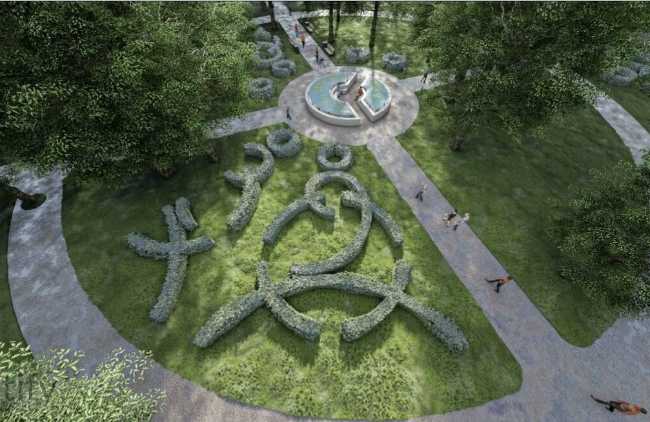
Sapiegos Park in Vilnius is a historic green space in the Antakalnis district, blending baroque heritage with contemporary community life. Once part of the grand Sapieha Palace ensemble built in the late 17th century by Grand Hetman Kazimierz Jan Sapieha, the park retains elements of its original layout, including tree-lined avenues, restored baroque gates, and a 300-year-old linden tree designated a natural monument. The northern section is shaded by mature linden, maple, and ash trees, while the southern area opens into sunlit meadows with playgrounds and gathering spaces. At the park’s centre stands a former wooden hospital, now home to Vilnius Tech Park—a hub for startups and creative industries. Sculptures by contemporary artist Donatas Jankauskas–Duonis add a whimsical touch, while the “Miesto Laboratorija” café and eco-centre host cultural events and sustainability workshops. Adjacent to the park are the restored Sapieha Palace and the Church of the Lord Jesus, completing a unique blend of history, innovation, and urban greenery.
Vilnius LithuaniaSapiegos Park, also known as Sapieha Park, is located in the Antakalnis district of Vilnius, with its main entrance on Sapiegos Street. The park surrounds the historic Sapieha Palace, a High Baroque residence built in the late 17th century for Kazimierz Jan Sapieha, Grand Hetman of Lithuania. The park itself is one of the oldest in Vilnius, featuring restored Baroque gates, formal parterres, ponds, and avenues, as well as a 300-year-old linden tree recognized as a natural monument at the entrance on Antakalnis Street. Within the park, you’ll find the recently restored Sapieha Palace, which now hosts exhibitions, events, and cultural activities as a department of the Contemporary Art Centre, alongside the historic Trinitarian Monastery and the Church of Jesus the Saviour. The area also includes Vilnius Tech Park, a major hub for start-ups and technology companies, located in repurposed 19th-century hospital buildings. Sapiegos Park is surrounded by the green spaces of Antakalnis, and nearby attractions include Antakalnis Cemetery, the Monument to Victims of January 13th, and several local cafés, making it a vibrant destination for history, culture, and relaxation in Vilnius.
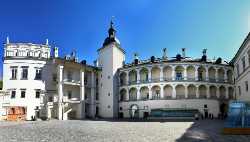 Palace of the Grand Dukes of Lithuania
Vilnius
Palace of the Grand Dukes of Lithuania
Vilnius
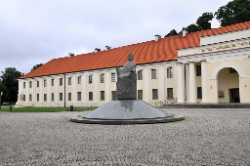 National Museum of Lithuania
Vilnius
National Museum of Lithuania
Vilnius
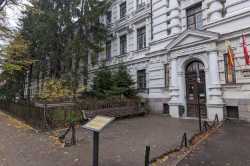 Museum of Occupations and Freedom Fights
Vilnius
Museum of Occupations and Freedom Fights
Vilnius
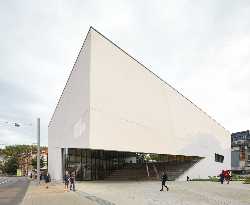 MO Museum
Vilnius
MO Museum
Vilnius
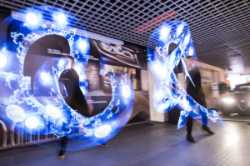 Vilnil Museum of Illusions
Vilnius
Vilnil Museum of Illusions
Vilnius
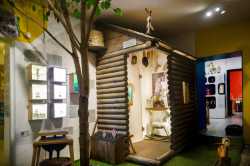 Toy Museum
Vilnius
Toy Museum
Vilnius
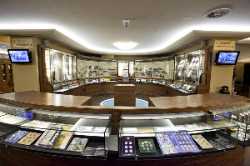 Money Museum of the Bank of Lithuania
Vilnius
Money Museum of the Bank of Lithuania
Vilnius
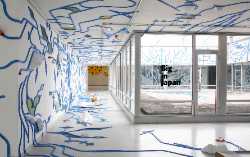 Contemporary Art Centre
Vilnius
Contemporary Art Centre
Vilnius
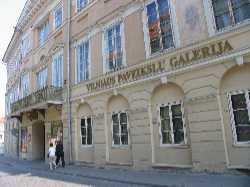 Vilnius Picture Gallery
Vilnius
Vilnius Picture Gallery
Vilnius
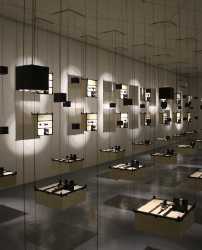 TSEKH Gallery
Vilnius
TSEKH Gallery
Vilnius
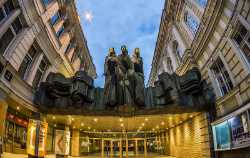 Lithuanian National Drama Theatre
Vilnius
Lithuanian National Drama Theatre
Vilnius
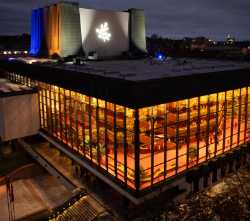 Lithuanian National Opera and Ballet Theatre
Vilnius
Lithuanian National Opera and Ballet Theatre
Vilnius
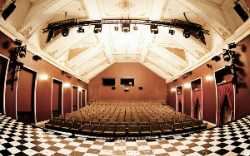 Vilnius Puppet Theatre
Vilnius
Vilnius Puppet Theatre
Vilnius
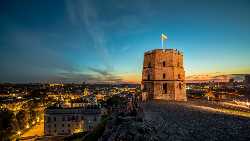 Gediminas Castle Tower
Vilnius
Gediminas Castle Tower
Vilnius
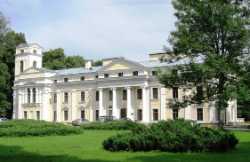 Verkiai Palace
Vilnius
Verkiai Palace
Vilnius
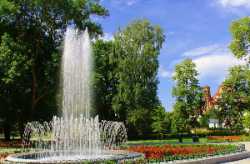 Bernardine Garden
Vilnius
Bernardine Garden
Vilnius
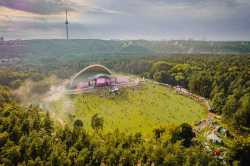 Vingis Park
Vilnius
Vingis Park
Vilnius
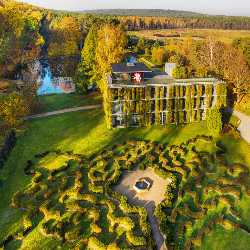 Vilnius Botanical Garden
Vilnius
Vilnius Botanical Garden
Vilnius
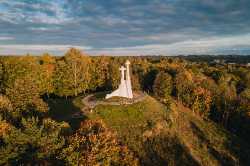 Hill of Three Crosses
Vilnius
Hill of Three Crosses
Vilnius
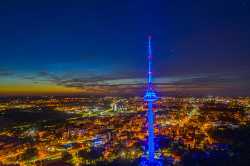 TV Tower Vilnius
Vilnius
TV Tower Vilnius
Vilnius
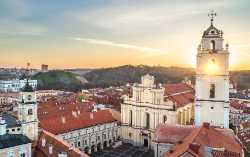 St. John's Church Bell Tower
Vilnius
St. John's Church Bell Tower
Vilnius
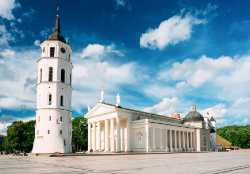 Vilnius Cathedral and Bell Tower
Vilnius
Vilnius Cathedral and Bell Tower
Vilnius
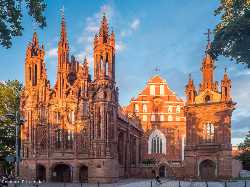 Church of St. Anne
Vilnius
Church of St. Anne
Vilnius
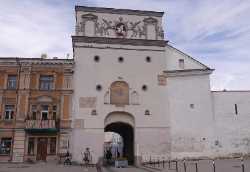 Gates of Dawn
Vilnius
Gates of Dawn
Vilnius
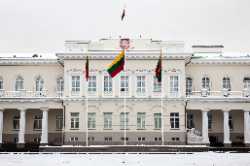 Presidential Palace
Vilnius
Presidential Palace
Vilnius
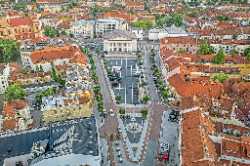 Rotušės aikštė
Vilnius
Rotušės aikštė
Vilnius
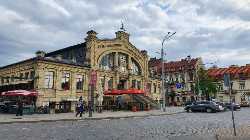 Hales Market
Vilnius
Hales Market
Vilnius
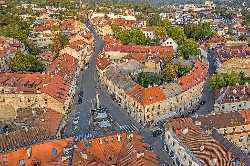 Uzupis Republic
Vilnius
Uzupis Republic
Vilnius
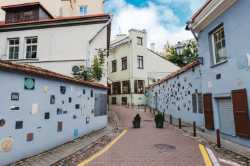 Literatų Street
Vilnius
Literatų Street
Vilnius
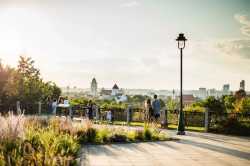 Subačiaus Viewpoint
Vilnius
Subačiaus Viewpoint
Vilnius
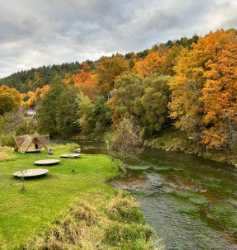 Pavilniai Regional Park
Vilnius
Pavilniai Regional Park
Vilnius
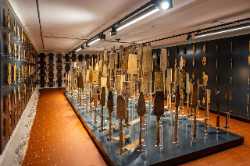 House of Histories
Vilnius
House of Histories
Vilnius
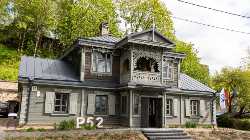 Wooden City Architecture Museum
Vilnius
Wooden City Architecture Museum
Vilnius
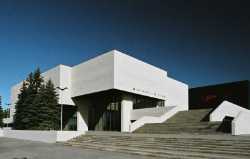 National Gallery of Art
Vilnius
National Gallery of Art
Vilnius
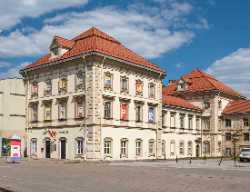 Radvila Palace Museum of Art
Vilnius
Radvila Palace Museum of Art
Vilnius
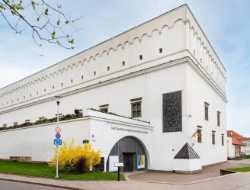 Museum of Applied Arts and Design
Vilnius
Museum of Applied Arts and Design
Vilnius
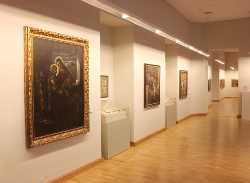 Vytautas Kasiulis Art Museum
Vilnius
Vytautas Kasiulis Art Museum
Vilnius
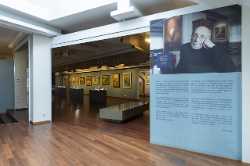 Samuel Bak Museum
Vilnius
Samuel Bak Museum
Vilnius
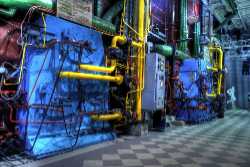 Energy and Technology Museum
Vilnius
Energy and Technology Museum
Vilnius
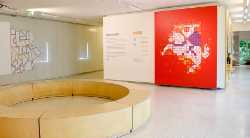 Centre for Civil Education
Vilnius
Centre for Civil Education
Vilnius
 Vilnius Auto Museum
Vilnius
Vilnius Auto Museum
Vilnius
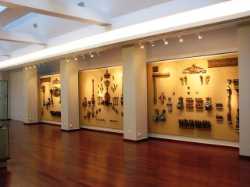 Vilna Gaon Jewish State Museum branch
Vilnius
Vilna Gaon Jewish State Museum branch
Vilnius
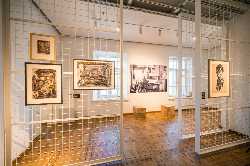 Museum of Culture and Identity of Lithuanian Jews
Vilnius
Museum of Culture and Identity of Lithuanian Jews
Vilnius
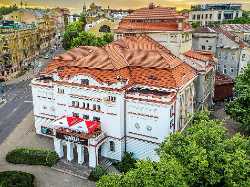 Old Theatre of Vilnius
Vilnius
Old Theatre of Vilnius
Vilnius
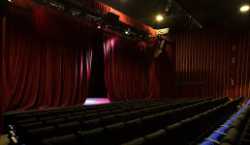 Domino Theatre
Vilnius
Domino Theatre
Vilnius
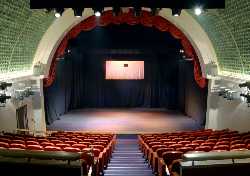 State Small Theatre of Vilnius
Vilnius
State Small Theatre of Vilnius
Vilnius
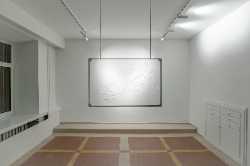 DRIFTS Gallery
Vilnius
DRIFTS Gallery
Vilnius
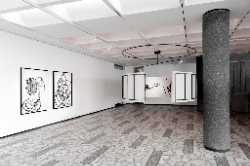 DSG Gallery
Vilnius
DSG Gallery
Vilnius
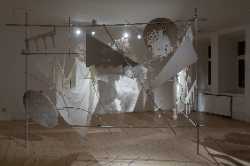 Editorial
Vilnius
Editorial
Vilnius
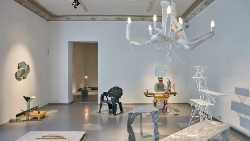 Galerija Vartai
Vilnius
Galerija Vartai
Vilnius
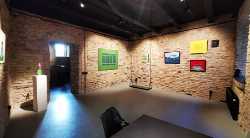 GODÒ Gallery
Vilnius
GODÒ Gallery
Vilnius
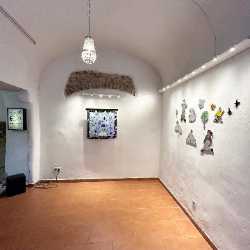 HUNGRY EYES
Vilnius
HUNGRY EYES
Vilnius
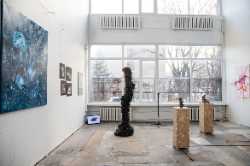 Kompresorine - Ideas Block LT
Vilnius
Kompresorine - Ideas Block LT
Vilnius
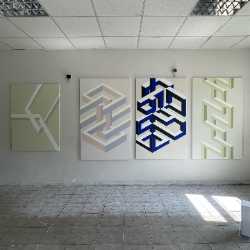 InTheCloset
Vilnius
InTheCloset
Vilnius
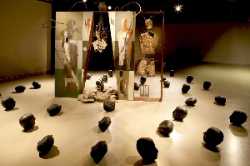 Jonas Mekas Visual Arts Center
Vilnius
Jonas Mekas Visual Arts Center
Vilnius
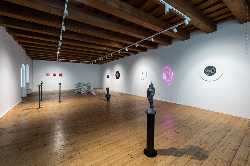 Gallery ARKA
Vilnius
Gallery ARKA
Vilnius
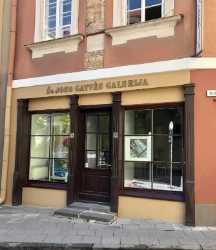 St. John's Street Gallery
Vilnius
St. John's Street Gallery
Vilnius
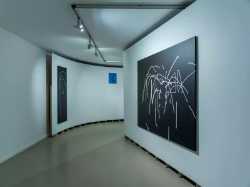 Meno Niša Galerija
Vilnius
Meno Niša Galerija
Vilnius
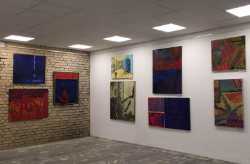 Galerija Aidas
Vilnius
Galerija Aidas
Vilnius
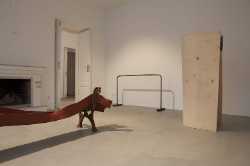 (AV17)GALLERY
Vilnius
(AV17)GALLERY
Vilnius
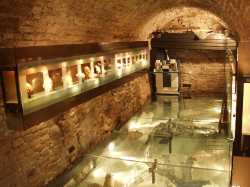 Art Center of Baltic Amber
Vilnius
Art Center of Baltic Amber
Vilnius
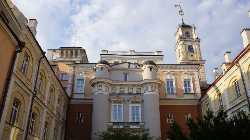 Vilnius University Observatory
Vilnius
Vilnius University Observatory
Vilnius
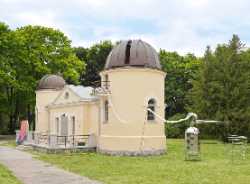 Vilnius University Observatory of Ideas
Vilnius
Vilnius University Observatory of Ideas
Vilnius
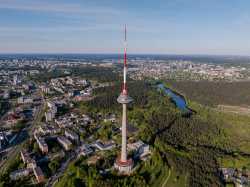 Vilnius TV Tower
Vilnius
Vilnius TV Tower
Vilnius